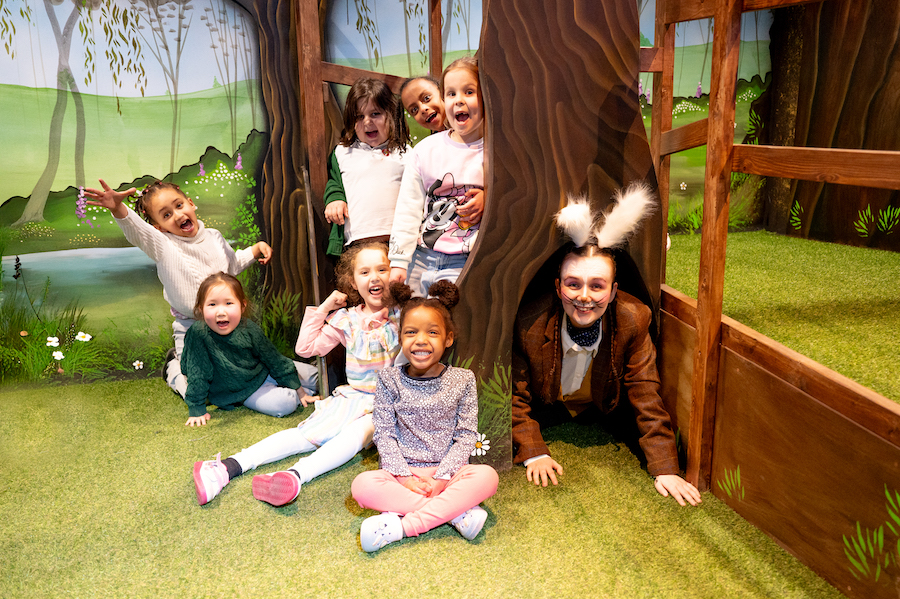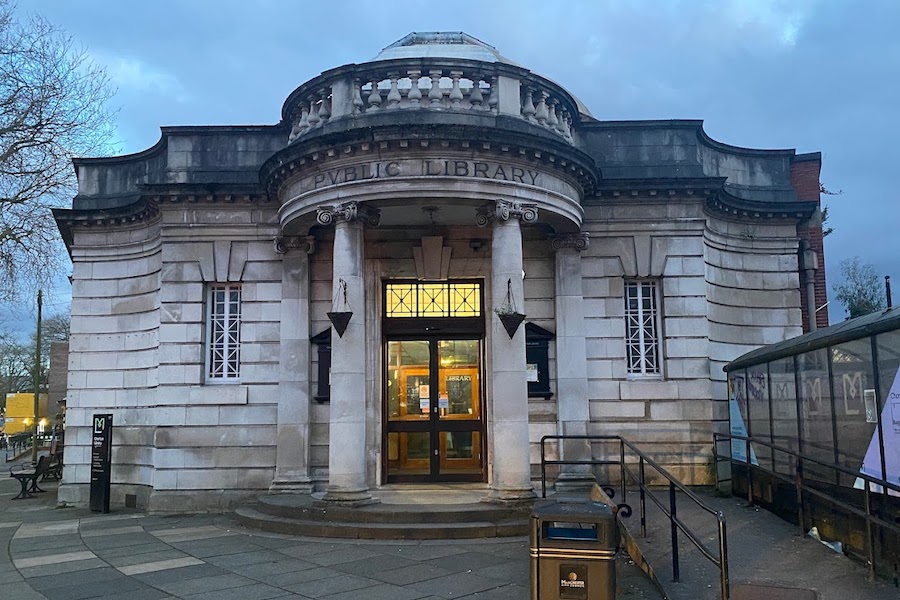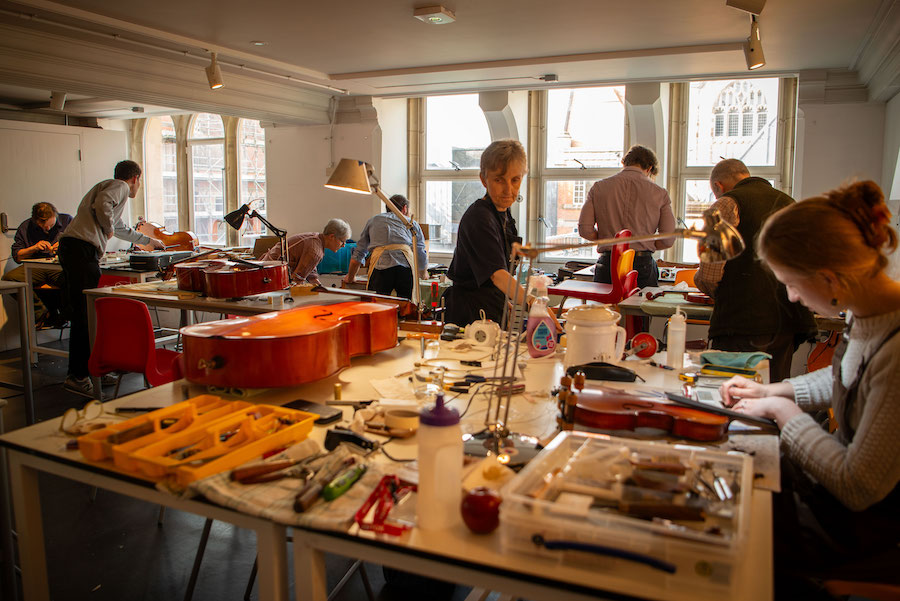How Manchester United’s fans are shaping Old Trafford’s future
- Written by Thom Bamford
- Last updated 5 months ago
- City of Manchester, Featured, Man Utd, Trafford
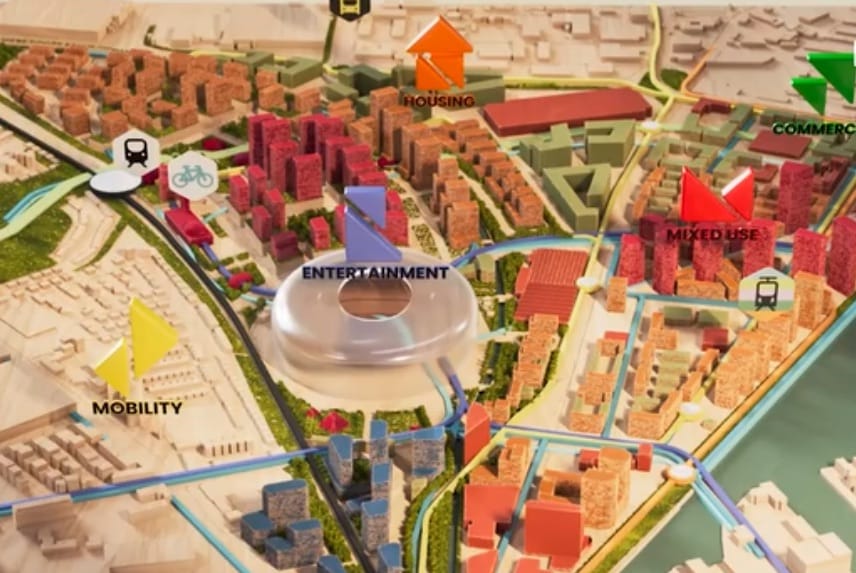
For any Manchester United fan, Old Trafford is so much more than a stadium; it’s a living, breathing part of the club’s identity. It’s where iconic moments are etched in the memory, where generations have shared highs and lows. We all remember going to our first-ever game. It’s a powerful experience that sits with people for the rest of their lives.
So how will the new stadium be part of that?
Regenerating Old Trafford
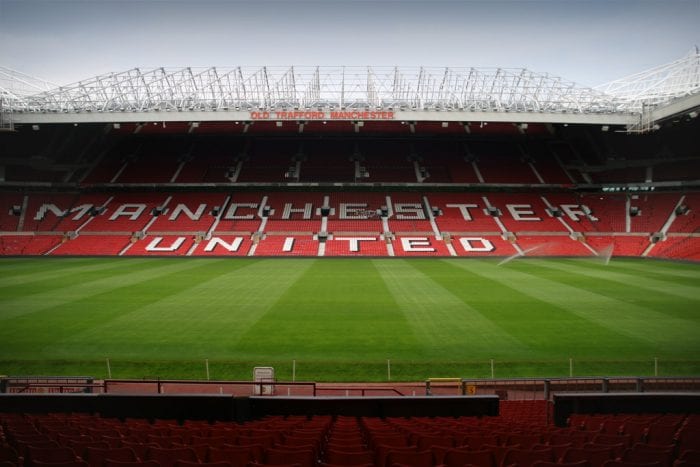
Now, as plans surface to give Old Trafford a major overhaul or potentially replace it altogether, the excitement is undeniable. But it is tempered with an unmistakable hesitancy—a sense of nervous anticipation. Will improving the stadium and making it modern, destroy the club’s soul? Opinions remain split on modern stadiums and whether they can capture the same excitement as stadiums of the past. Will United manage this without losing the stadium’s soul?
At a packed town hall meeting on Tuesday, the pulse of this debate was felt in every question, every panel response, and in the serious expressions of the crowd. There, Manchester United supporters got a glimpse of the grand vision in play. For many fans, the project feels as momentous as any transfer signing, it’s a once-in-a-lifetime opportunity to redefine what it means to be home.
One phrase stood out during the meeting: a “world-class stadium that celebrates the club’s unique and extraordinary history.” Those words were from one of the architects tasked with the project, and for those who’ve spent their lives in the shadow of Old Trafford, it was a powerful sentiment. And yet, the path ahead isn’t simple.
Does United redevelop the ground, preserving what already exists but enhancing it to make it fit for the future? Or does it start from scratch, creating something entirely new but at the risk of losing something intangible?
50,000 United fans have their say
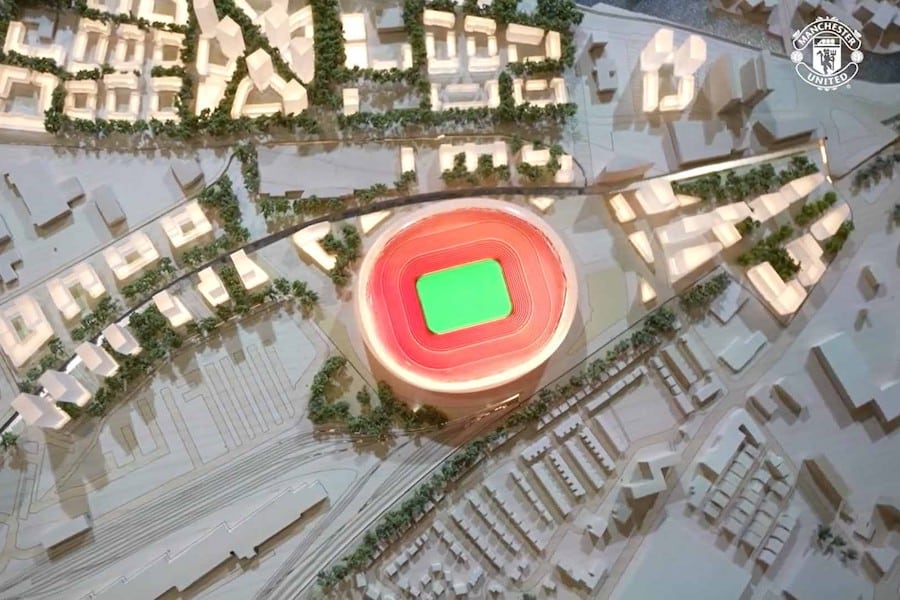
The Manchester United hierarchy didn’t make this decision lightly. More than 50,000 fans weighed in on the subject through a recent survey—the most engaged response rate the club has seen for any feedback session to date. The responses showed the depth of the divide: 52% leaned toward a brand-new stadium, while 31% supported a redevelopment of the current structure, and the rest were unsure. The older generation showed more support for starting anew, while younger fans leaned slightly toward redevelopment, perhaps valuing the history they’ve only recently come to appreciate.
For fans who feel connected to the bones of Old Trafford, the thought of a new stadium can feel like a betrayal. It’s similar to that feeling of leaving your childhood home. You know you might have outgrown it; you know it might be a little tired and in need of updating, but its very imperfections have become part of its charm.
What does Old Trafford’s redevelopment mean to fans?
Old Trafford is so much more than a stadium to Manchester United fans. It’s a landmark, a fixed point in a rapidly changing world. For many Mancunians, Old Trafford fills that same space in their lives, evoking comfort, nostalgia, and identity.
It’s easy to see how a place like Old Trafford, with its same streets, familiar smells, and years of history, could become part of your story. It’s an anchor in the lives of those who go there, week after week, year after year. That’s why any discussion about change brings mixed emotions. While there’s excitement about a potentially state-of-the-art facility, there’s also a natural reluctance to see Old Trafford turned into something unrecognisable.
Listening to the fans
The club’s director of fan engagement, Rick McGagh, acknowledged this emotional complexity and emphasised the importance of listening to supporters. “We know how important our home is to fans,” he said. “We need to listen to them and gain all their views and insights to develop the world-class stadium they deserve.” This isn’t just about adding seats or upgrading facilities; it’s about understanding what makes Old Trafford, in its current form, resonate so deeply with fans.
The architects and planners leading the project seemed fully aware of the balancing act in front of them. To them, preserving the atmosphere and sense of belonging at Old Trafford was just as important as increasing the stadium’s capacity. Their blueprint includes options for wider concourses, improved access, and even nods to Mancunian history, such as a canal walkway from the city centre to the stadium—a respectful merging of old and new that has echoes of projects like Everton’s Bramley-Moore Dock stadium. “We don’t want a soulless bowl, and we don’t want all tickets to be unaffordable,” one panellist said, addressing the crowd’s fears head-on.
The redevelopment of Old Trafford – ambition
If Old Trafford’s history teaches us anything, it’s that ambition has been a defining feature of Manchester United’s journey to greatness. More than a century ago, during United’s first golden era, the club moved from Bank Street in Clayton to Old Trafford, a daring leap that paved the way for its rise in English and world football. Now, faced with a similar choice, the club could follow that legacy of innovation.
The prospect of a new or redeveloped stadium with an 87,000-seat capacity—or even a 100,000-seat option in a new build—is hard to ignore. Such numbers signal Manchester United’s intent to compete with the biggest clubs in Europe. They speak to a bold, forward-thinking identity that’s always been part of the club’s DNA.
The economic Impact
Andy Burnham said earlier this year that the redevelopment of Old Trafford and the surrounding area could be one of the biggest in the UK’s history.
An economic report commissioned to explore the benefits of a world-class 100,000-seater stadium as part of a regenerated Trafford Park has found the project could deliver an additional £7.3 billion per year to the UK’s economy.
Oxford Economics, one of the world’s foremost independent global advisory firms, has undertaken a preliminary economic impact assessment of the proposals, with initial estimates suggesting that the project will contribute huge growth to the UK economy, including the creation of 92,000 new jobs, more than 17,000 new homes as well as driving an additional 1.8 million visitors per year.
The road ahead
At the end of Tuesday’s meeting, the emotions in the room were palpable. Fans left with a renewed sense of hope but also an understanding of the scale of the decision in front of them. They know that no matter the choice—redevelopment or new build—the process will likely take years and will be scrutinised every step of the way.
Still, there’s comfort in knowing that fans’ voices are being heard. The club’s pledge to preserve Old Trafford’s unique atmosphere and character was a reassuring promise to those who feared it might get lost in the pursuit of modernisation. For now, as details continue to emerge, fans are left with that same sense of anticipation you feel when watching United take a penalty: excitement mixed with nerves, hope tinged with a bit of fear.
One thing is certain: whatever decision is made, Old Trafford, in one form or another, will remain a place where memories are made, a home that’s worthy of Manchester United’s legacy and the fans who call it their own.
- This article was last updated 5 months ago.
- It was first published on 8 November 2024 and is subject to be updated from time to time. Please refresh or return to see the latest version.
Did we miss something? Let us know: press@ilovemanchester.com
Want to be the first to receive all the latest news stories, what’s on and events from the heart of Manchester? Sign up here.
Manchester is a successful city, but many people suffer. I Love Manchester helps raise awareness and funds to help improve the lives and prospects of people across Greater Manchester – and we can’t do it without your help. So please support us with what you can so we can continue to spread the love. Thank you in advance!
An email you’ll love. Subscribe to our newsletter to get the latest news stories delivered direct to your inbox.
Got a story worth sharing?
What’s the story? We are all ears when it comes to positive news and inspiring stories. You can send story ideas to press@ilovemanchester.com
While we can’t guarantee to publish everything, we will always consider any enquiry or idea that promotes:
- Independent new openings
- Human interest
- Not-for-profit organisations
- Community Interest Companies (CiCs) and projects
- Charities and charitable initiatives
- Affordability and offers saving people over 20%
For anything else, don’t hesitate to get in touch with us about advertorials (from £350+VAT) and advertising opportunities: advertise@ilovemanchester.com
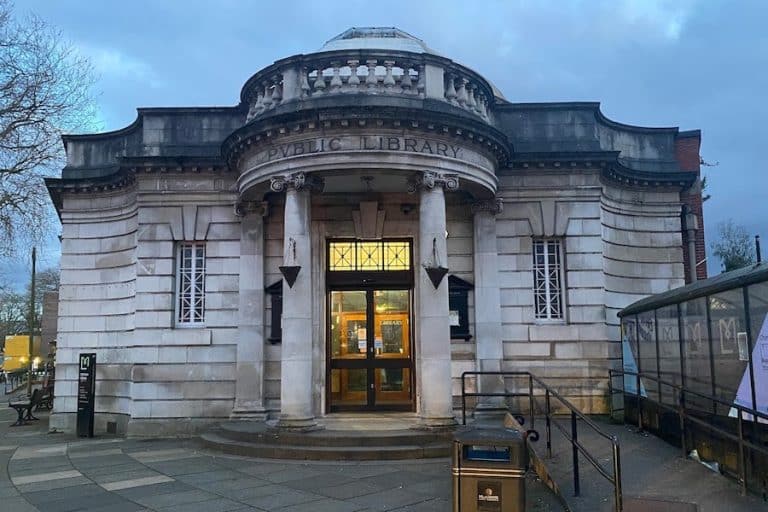
Chorlton Library gets a stunning renovation unveiling hidden treasures

How one selfless act sparked a career dedicated to saving lives
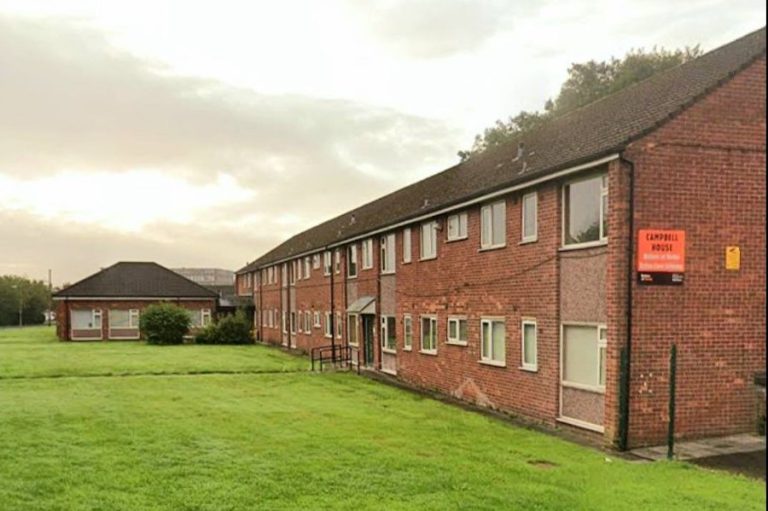
Former sheltered housing transformed into safe haven for vulnerable youth


Manchester and Los Angeles prove that opposites really do attract







